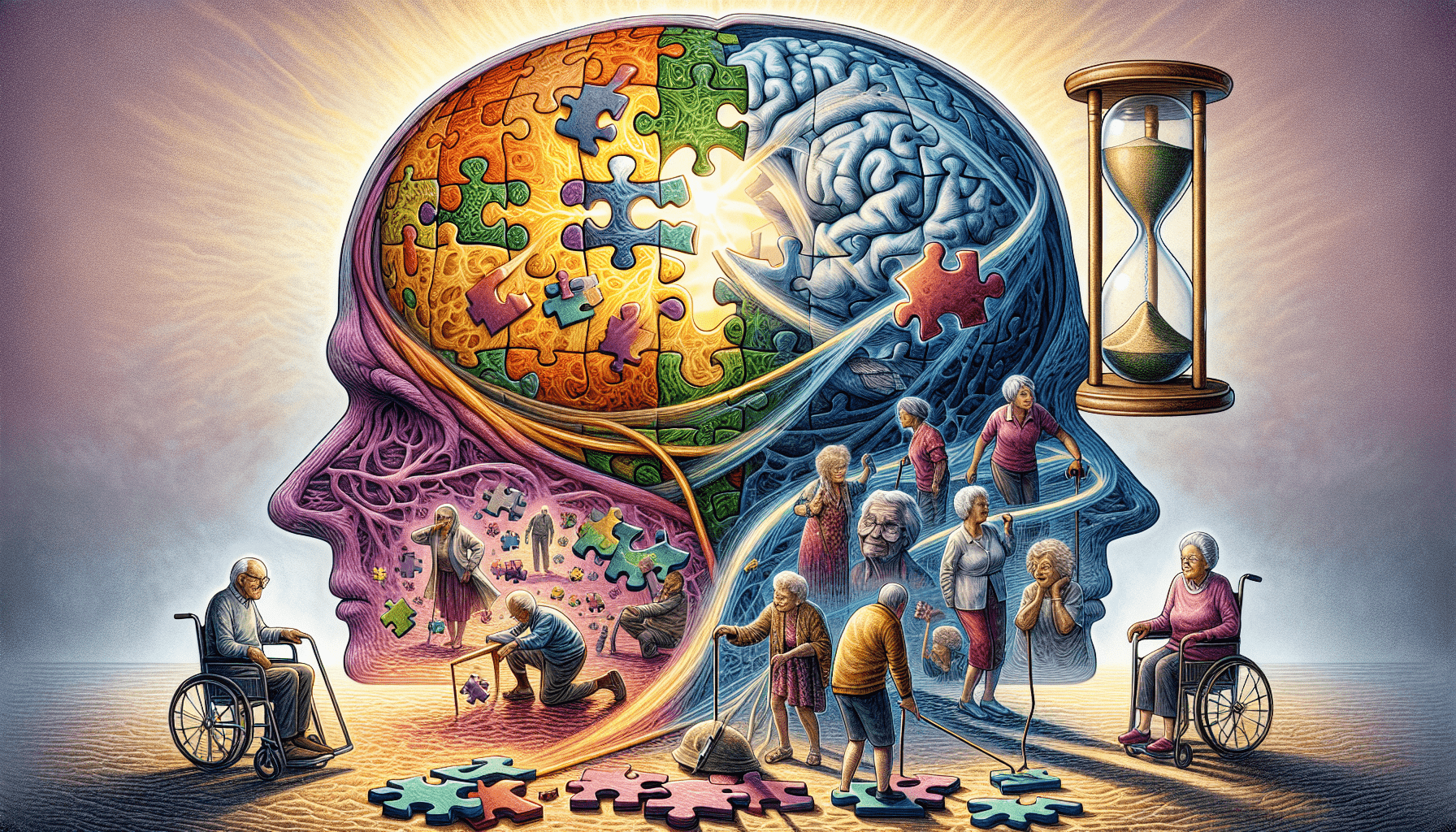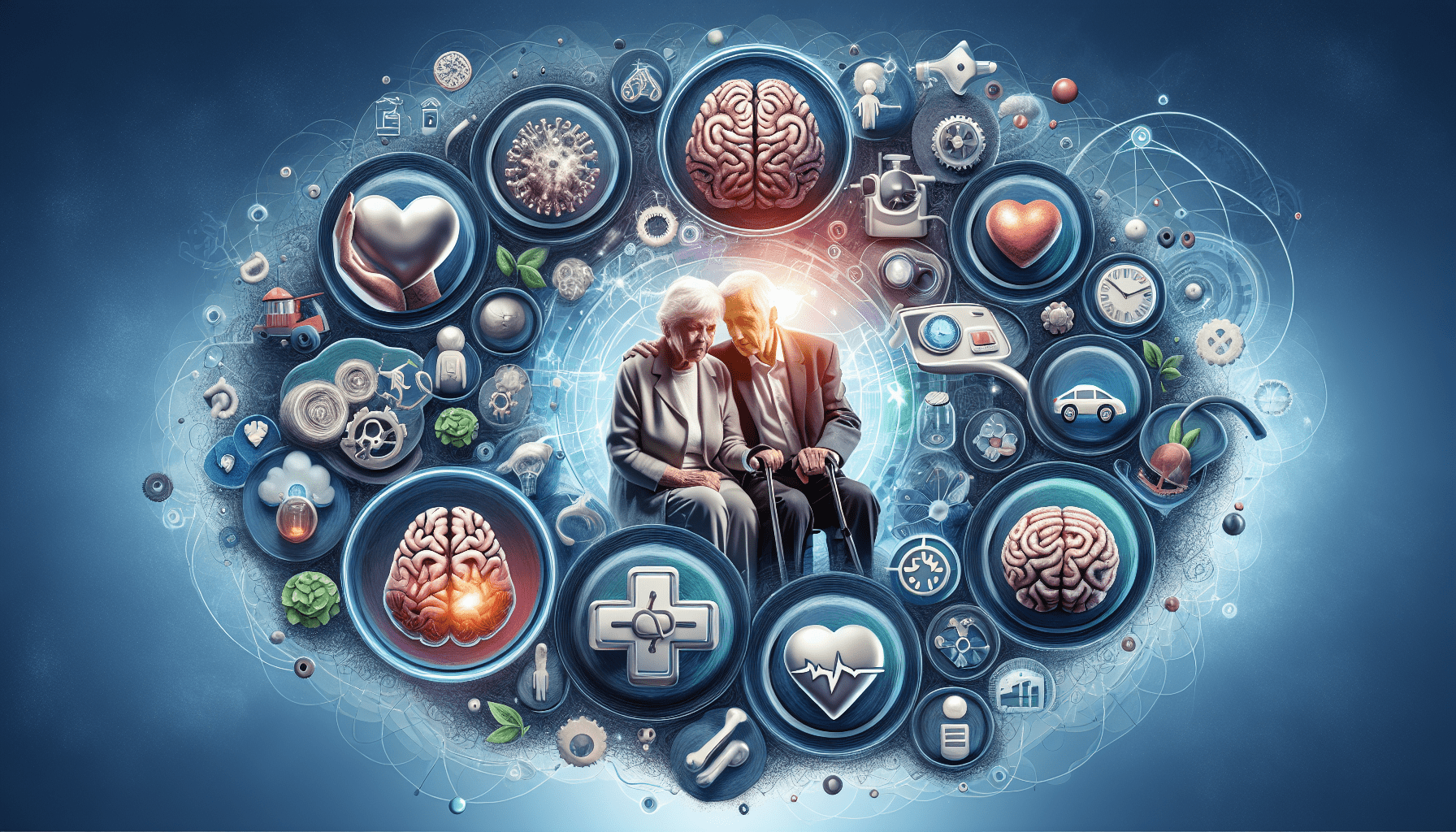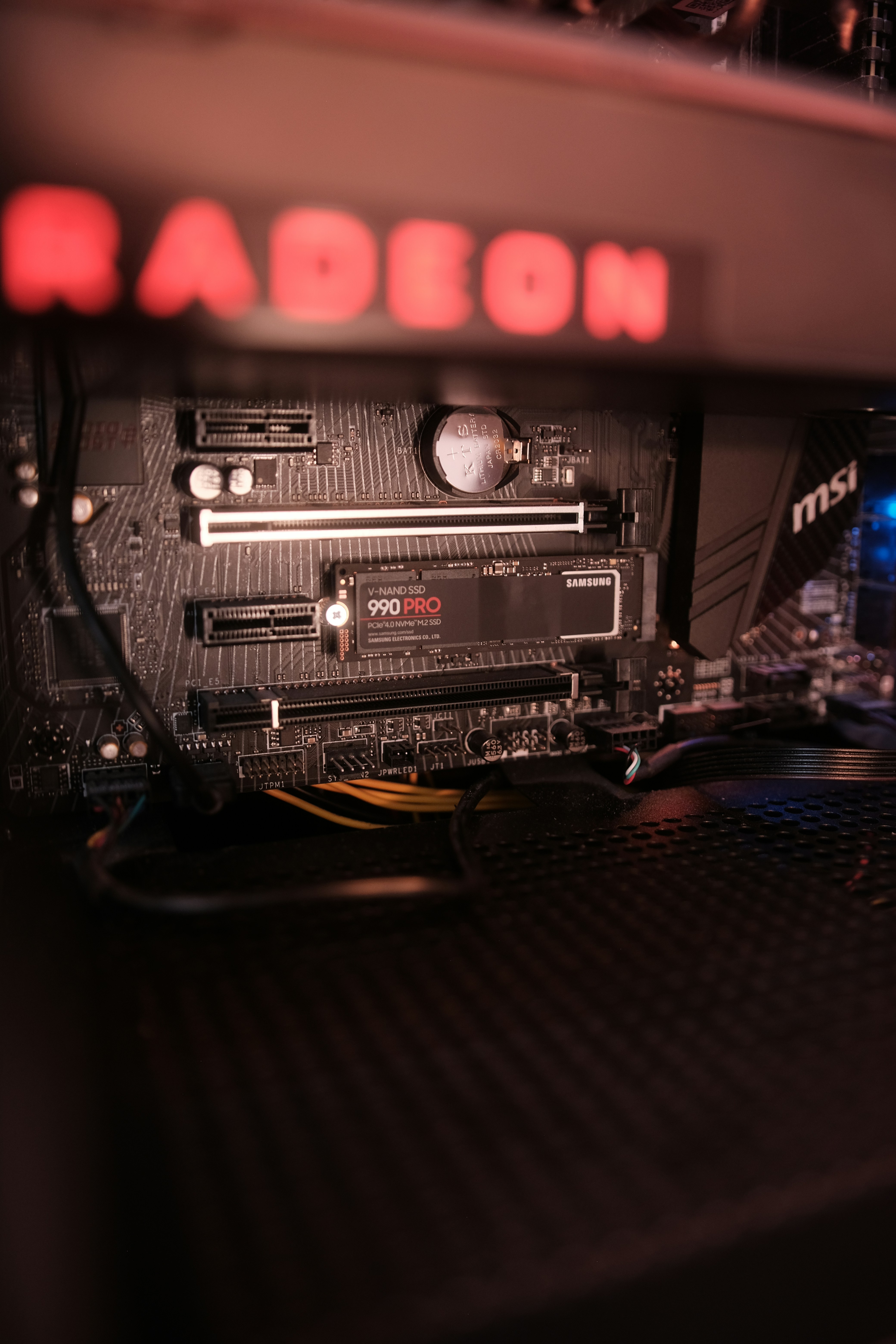Imagine if you could have a key to unlocking the mysteries of memory problems in older adults. You could gain a deeper understanding of the most common complaints experienced by older individuals. In this article, we explore these memory-related issues, providing you with valuable insights into the challenges faced by aging adults. So grab a cup of tea, get comfortable, and let's dive into the fascinating world of memory problems in older adults.
Overview of Memory Problems in Older Adults
Memory problems in older adults refer to difficulties in remembering and recalling information that can impact their daily lives. These issues can range from mild forgetfulness to more severe cognitive impairments. While some memory decline is considered a normal part of the aging process, persistent and significant memory problems may be a sign of an underlying condition. Understanding the difference between normal memory decline and memory problems is essential in identifying and addressing these issues. The prevalence of memory problems among the elderly is quite common, with a significant number of older adults experiencing some form of memory impairment.
Causes of Memory Problems in Older Adults
Various factors contribute to memory problems in older adults, including biological changes and mental health conditions. As individuals age, there is a natural decline in brain volume and changes in the structure and function of brain cells, which can affect memory processes. Additionally, conditions such as Alzheimer's disease, vascular dementia, and mild cognitive impairment can lead to memory problems. Mental health conditions like depression and anxiety are also associated with memory impairments. Furthermore, certain medications, such as sedatives and anticholinergic drugs, may have side effects that impact memory function.
Most Common Memory-Related Complaints
Some of the most common memory-related complaints among older adults include challenges with short-term memory, difficulty remembering names or appointments, and struggles with procedural memory. Short-term memory refers to the ability to hold and recall information over a brief period. Older adults may find it challenging to remember recent events, conversations, or instructions. Remembering names and appointments can be particularly difficult due to the strain on cognitive resources. Procedural memory, which involves remembering how to perform tasks or activities, may decline with age, leading to difficulties in activities such as operating electronic devices or following complex procedures.
Signs and Symptoms
Cognitive signs of memory problems in older adults include forgetfulness, difficulty learning new information, and increased reliance on notes or reminders. They may have trouble finding the right words during conversations or remembering familiar places. Behavioral indicators can include increased anxiety or frustration due to memory lapses and experiencing confusion or disorientation in familiar environments. Physical symptoms that may be linked to memory problems include headaches, fatigue, and sleep disturbances. These signs and symptoms can greatly impact an individual's overall functioning and quality of life.
How Memory Problems Impact Daily Life
Memory problems in older adults can have significant effects on personal independence, social interactions, and mental and emotional well-being. Difficulties in remembering important information like addresses, phone numbers, or medications can hinder an individual's ability to manage their personal affairs. They may become more reliant on others for assistance with daily tasks, leading to a loss of autonomy. Challenges with memory can also strain relationships, as loved ones may not understand or empathize with the frustration and cognitive decline experienced by the individual. This can result in feelings of isolation, depression, and anxiety.
Relationship Between Memory Problems and Dementia
Distinguishing between memory problems and dementia is crucial in understanding the implications and potential progression of these conditions. While memory problems are a common feature of many cognitive disorders, not all memory problems indicate the presence of dementia. Memory problems can arise due to factors such as medication side effects, stress, or other reversible causes. On the other hand, dementia is a progressive brain disorder characterized by a decline in cognitive abilities beyond what is expected from normal aging. Memory loss is often one of the first signs of dementia, but additional cognitive deficits in areas such as language, problem-solving, and judgment are also present.
Diagnosis Process for Memory Problems
The diagnosis of memory problems in older adults involves comprehensive evaluations and assessments. Professionals may conduct clinical interviews to gather information about the individual's medical history, symptoms, and functional decline. Neuropsychological tests are commonly used to assess cognitive functioning, including memory abilities. These tests evaluate memory recall, recognition, and other cognitive domains to determine the severity and pattern of memory impairment. Additionally, caregiver reports play a vital role in the diagnosis process, as they provide valuable insight into the individual's day-to-day functioning and behavioral changes associated with memory problems.
Treatment and Management Strategies
The treatment and management of memory problems in older adults involve a multimodal approach that includes both pharmacological and non-pharmacological interventions. Pharmacological interventions, such as cholinesterase inhibitors, may be prescribed to alleviate symptoms and slow the progression of memory decline in certain cases. However, it is essential to consider the potential side effects and individual factors when determining the suitability of medication. Non-pharmacological strategies play a crucial role in memory management and often include memory aids, environmental modifications, and cognitive rehabilitation techniques. Therapy and counseling can also provide support and guidance for individuals and their caregivers in coping with memory problems.

Prevention and Mitigation Measures
While it may not be possible to completely prevent memory decline in older adults, certain measures can help reduce the risk and mitigate the impact of memory problems. Maintaining a healthy lifestyle through regular exercise, a balanced diet, and adequate sleep can promote overall brain health and potentially slow cognitive decline. Engaging in mental exercises, such as puzzles, reading, and learning new skills, can help stimulate the brain and enhance memory function. It is also crucial for older adults to attend regular medical checkups to identify and address any underlying health conditions that may contribute to memory problems.
Support for Older Adults with Memory Problems and their Caregivers
Creating a safe and supportive environment is essential for older adults with memory problems. This can involve making modifications to the home environment to minimize safety risks, such as installing grab bars or removing trip hazards. The use of memory aids and tools, such as calendars, reminder apps, or pill organizers, can assist individuals in managing their daily tasks and medication schedules. Support groups and community resources can provide valuable emotional and practical support for both individuals with memory problems and their caregivers. These resources offer opportunities for shared experiences, education, and access to additional services tailored to the unique needs of older adults with memory problems.





